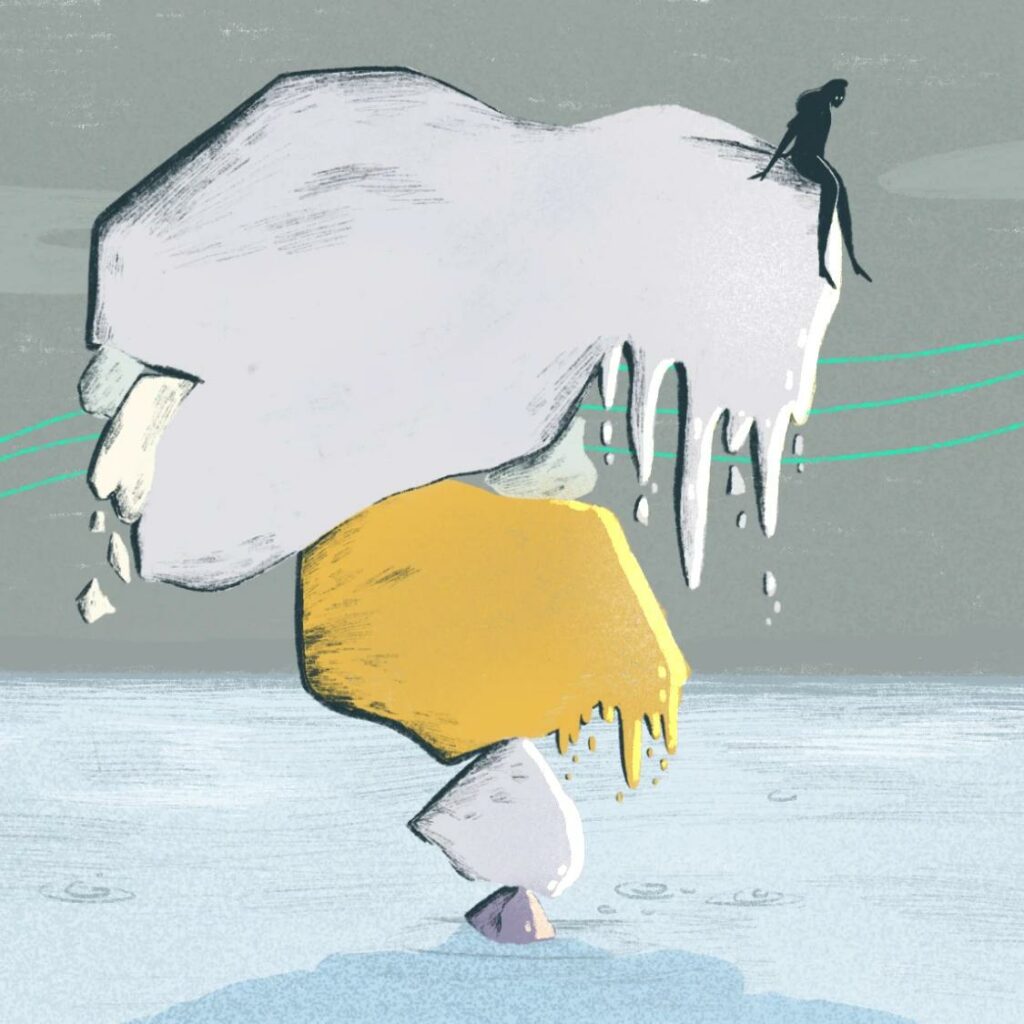
- https://www.franceculture.fr/emissions/lessai-et-la-revue-du-jour-14-15/spinoza-traite-politique-revue-etudes – http://spinozaparis8.com/new-events-1/2014/11/13/ivan-segr-thique-et-politique-limperium-chez-spinoza–
- Matheron, A. (1969). Individu et communauté chez Spinoza (Nouv. éd édition). Les Editions de Minuit.
- Spinoza, B., & Pautrat, B. (2013). Traité politique. ALLIA.
Les cours donnés par Margaret Mead sont des sources d’inspiration et d’humanisme, basés sur ses travaux d’observation et d’études anthropologiques : Mead, M. (1964). Continuities in Cultural Evolution. New Haven: Yale University Press.)
Des sources d’inspiration et d’humanisme… Mead, M. (1964). Continuities in Cultural Evolution. New Haven: Yale University Press.
(p. 12) : “En tant que mesure de l’évolution culturelle, l’utilisation de la quantité d’énergie disponible pour tout groupe humain à une période donnée du développement culturel humain fournit un cadre macrocosmique pratique pour la discussion sur le politique.”
(p. 266-267) : “Au lieu de cela, nous pouvons prendre la position que l’unité de l’évolution culturelle n’est ni l’individu surdoué ni la société dans son ensemble, mais le petit groupe d’individus en interaction qui, avec les plus doués d’entre eux, peuvent passer à l’étape suivante; alors nous pouvons entreprendre la tâche de créer les conditions dans lesquelles les personnes douées de manière appropriée peuvent réellement apporter une contribution. C’est-à-dire, plutôt que d’isoler les «leaders» potentiels, nous pouvons délibérément produire les conditions que nous trouvons dans l’histoire, dans lesquelles des groupes sont formés d’un petit nombre d’hommes extraordinaires et ordinaires, tellement liés à leur période et les uns aux autres qu’ils peuvent consciemment se mettre à résoudre les problèmes qu’ils se proposent.”
(p. 284): “Pour le moment, cependant, il semble y avoir un plus grand risque que toute civilisation soit détruite que toute l’humanité sera détruite. Placer leur foi dans le cerveau merveilleusement complexe de l’homme, les biologistes sont encouragés par la probabilité que même après une guerre catastrophique, des représentants d’Homo sapiens survivraient dans des régions très reculées de la terre, loin des grandes explosions ou des centres de diffusion de la guerre biochimique, sur des îles, dans des jungles inaccessibles, dans des vallées profondes et isolées.”
(p. 12): “As a measure of cultural evolution, the use of the amount of energy available to any human group at a given period in human cultural development provides a convenient macrocosmic framework for the discussion of political.”
(p. 266-267): “Instead, we can take the position that the unit of cultural evolution is neither the single gifted individual nor the society as a whole but the small group of interacting individuals who, together with the most gifted among them, can take the next step; then we can set about the task of creating the conditions in which the appropriately gifted can actually make a contribution. That is, rather than isolating potential “leaders,” we can purposefully produce the conditions we find in history, in which clusters are formed of a small number of extraordinary and ordinary men, so related to their period and to one another that they can consciously set about solving the problems they propose for themselves.”
(p. 284): “For the present, however, there appears to be a greater risk that all civilization will be destroyed than that all mankind will be destroyed. Placing their faith in man’s marvelously intricate brain, biologists are cheered by the probability that even after a catastrophic war, representatives of Homo sapiens would survive in very remote parts of the earth, far from major explosions or centers of diffusion of biochemical warfare, on islands, in inaccessible jungles, in deep, secluded valleys.”
- Centola, D. (2018). How behavior spreads: The science of complex contagions. Princeton University Press.
- Centola, D. (2021). Change: How to Make Big Things Happen. Little, Brown Spark.
- Centola, D., Becker, J., Brackbill, D., & Baronchelli, A. (2018). Experimental evidence for tipping points in social convention. Science, 360(6393), 1116–1119. – Gladwell, M. (2002). The Tipping Point: How Little Things Can Make a Big Difference (Reprint édition). Back Bay Books.
-
Gladwell, M. (2002). The Tipping Point: How Little Things Can Make a Big Difference (Reprint édition). Back Bay Books.
- Keys, D. (1982a). Earth at Omega: Passage to Planetization. Branden Books. – Keys, D. (1982b). Rewiring the Human Being: A Feasibility Study. Journal of Humanistic Psychology, 22(4), 71–83.
- Mead, M. (1964). Continuities in Cultural Evolution. New Haven: Yale University Press.
- Otto, I. M., Donges, J. F., Cremades, R., Bhowmik, A., Hewitt, R. J., Lucht, W., Rockström, J., Allerberger, F., McCaffrey, M., Doe, S. S. P., Lenferna, A., Morán, N., Vuuren, D. P. van, & Schellnhuber, H. J. (2020). Social tipping dynamics for stabilizing Earth’s climate by 2050. Proceedings of the National Academy of Sciences, 117(5), 2354–2365.


#Influence
🗝 “Ne doutez jamais qu’un petit groupe d’individus conscients et engagés puisse changer le monde. En fait c’est toujours ainsi que cela se produit”